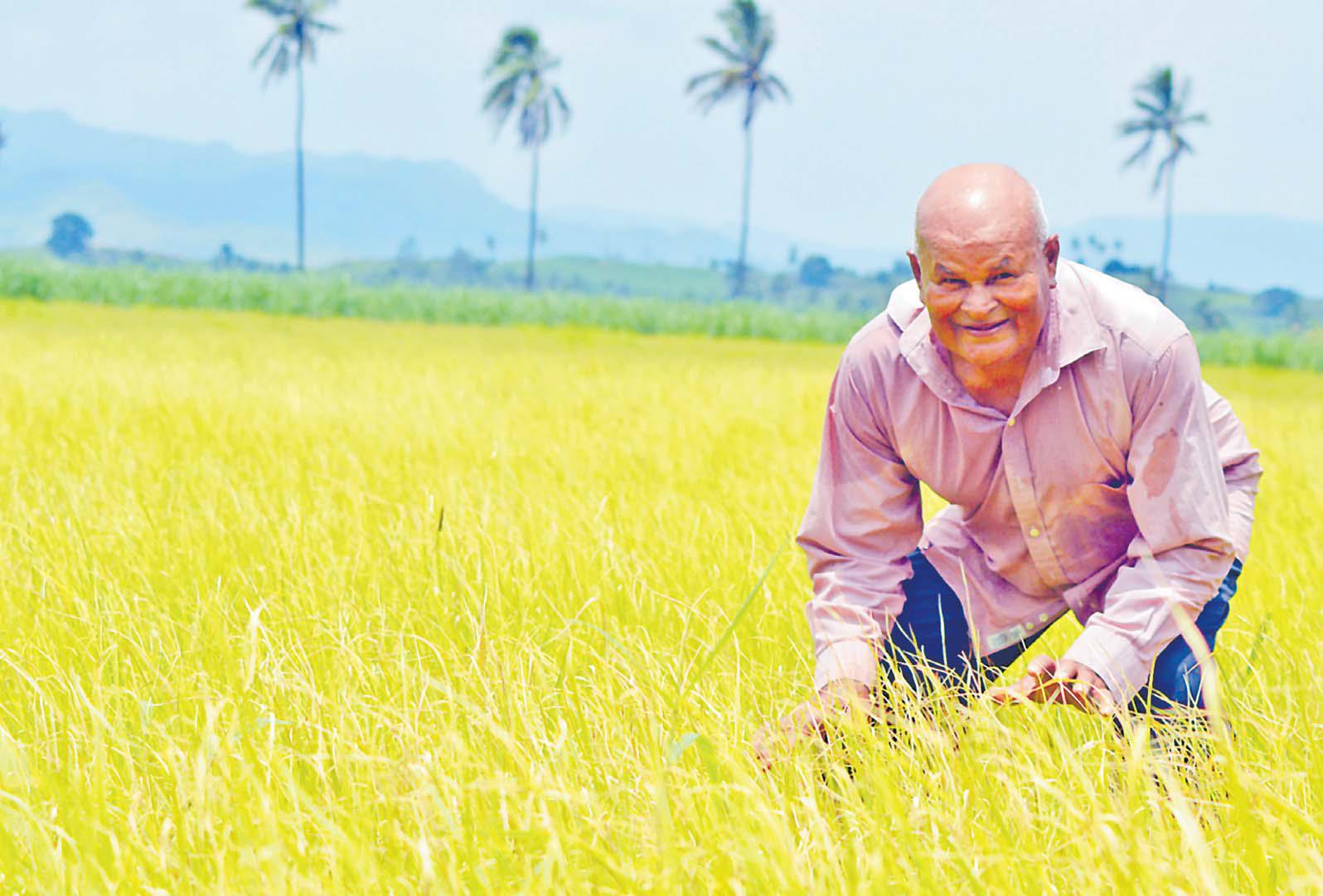Some rice farmers in Rewa feared low prices would drive them out of a scheme in which the Fiji Government was investing hundreds of thousands of dollars. They said they were not earning enough from it.
Their story was published in The Fiji Times on September 10, 1975.
The scheme, implemented at Lakena near Nausori and others at Navua and Dreketi on Vanua Levu, had the object of producing two rice crops a year under irrigation.
But Lakena Farmers’ Association vice-president Ram Harakh Maharaj said the low return farmers were getting could end in the scheme’s collapse.
All three schemes aimed to make Fiji self-sufficient in rice by 1980.
The article added the scheme was set up after aid from the United Nations, Australia and New Zealand.
Mr Maharaj said he had difficulty in managing, even with the help of free family labour and a son who earned $760 a year as a mechanic.
Two other farmers, Shankar Lal and Gota Chand, endorsed Mr Maharaj’s views.
Mr Lal said government advisers were very helpful and he had no trouble growing rice.
But without the help of his 23-year-old son who was a Government clerk, his family would have a difficult time.
“The price of rice is certainly low and I have been farming for a long time.
“I will stay with the scheme despite the low return because I have no alternative,” he added.
Mr Chand said he had to struggle to make a living for his wife and three children from four acres of irrigated rice at prevailing prices.
The Commissioner for Irrigation, Shiv Nandan, said he knew that rice farmers were getting a low return for paddy.
Some farmers had left the project but about 120 had stayed with it. There were no complaints about the scheme’s administration, only the money to be made from it, he said.
Most of the rice grown at Lakena was bought by Rewa Rice Ltd, while farmers on the scheme were paying only about $2 an acre for government land.
Rewa Rice Ltd’s manager William Snowsill said rice prices had been dropping gradually since September 1974.
The company, which was Government-owned, had added $20 a tonne to the basic price of $140 a tonne as an incentive for farmers.
Ministry of Agriculture secretary Winston Thompson said the real complaint rice farmers had was about the price of rice sold directly to the local market.
While they sold some to Rewa Rice at a guaranteed price, they were used to getting 22 cents a pound for retail prices.
However, world rice prices had dropped and they were forced to drop prices to 16 cents to compete with rice imports.
“As far as we are concerned, this is temporary,” he said.
“Imports prices will not remain low for long and will soon begin to climb again.”
Mr Thompson said the Government would continue to press ahead with all of its rice projects.
Meanwhile, farmers from the Dreketi area were more enthusiastic about rice because they had fewer moneymaking opportunities.



